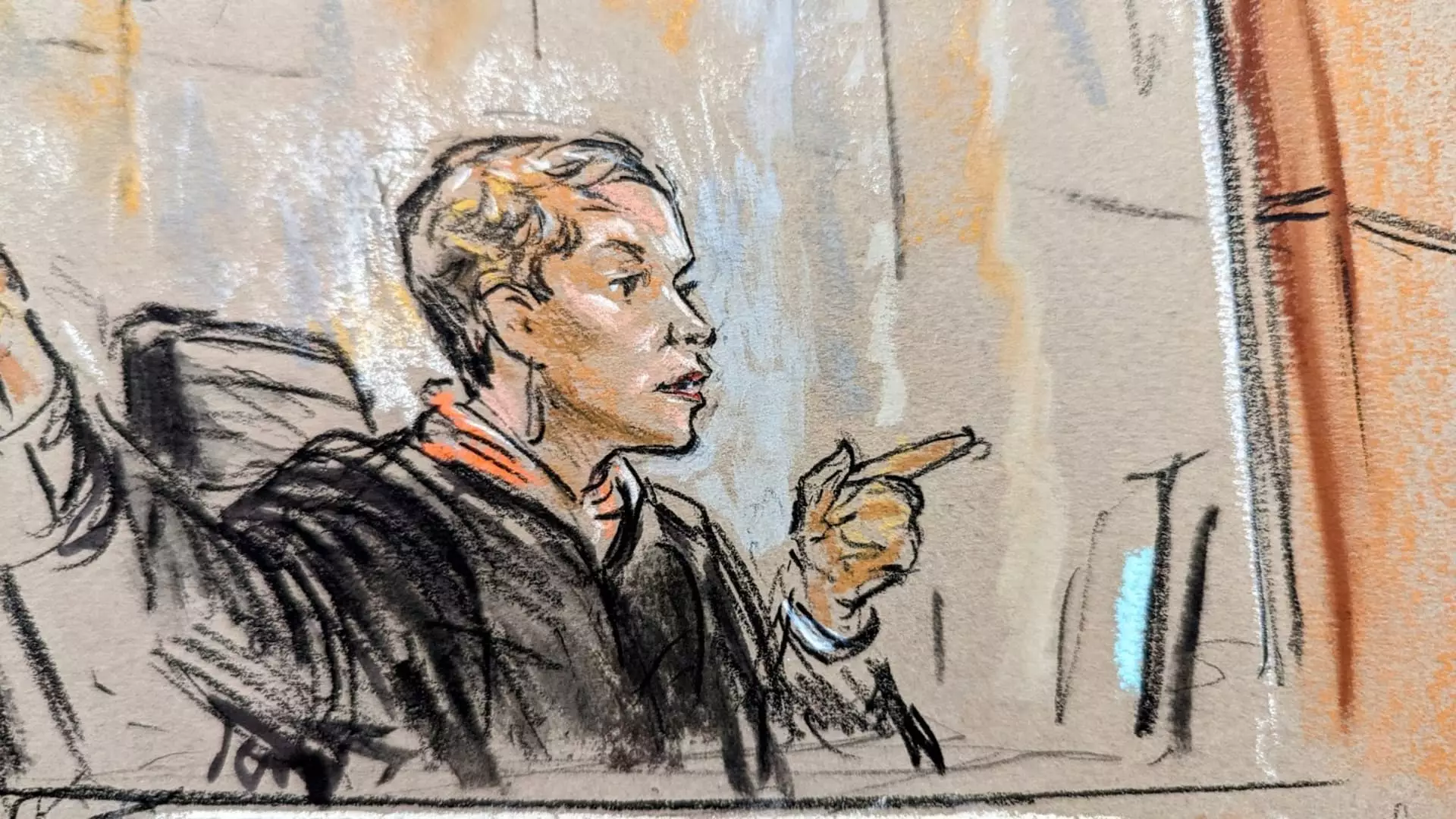The political landscape in the United States has become increasingly fraught, particularly as former President Donald Trump faces legal battles concerning his post-election conduct. Recently, U.S. District Court Judge Tanya Chutkan made headlines by unsealing nearly 1,900 pages of documents linked to Trump’s criminal election interference case. Trump’s harsh criticism of Judge Chutkan raises significant concerns about the intersection of law and politics, especially as the nation approaches the critical presidential election in November.
Trump’s Aggressive Rhetoric
In a segment on Dan Bongino’s podcast, Trump characterized Judge Chutkan as “the most evil person,” suggesting that her decision to publicly release these documents was a calculated effort to sabotage his campaign for the presidency. Such statements display a striking tendency for politicians to wield incendiary language when under legal pressure, leveraging public sentiment in a manner that potentially distracts from substantive legal issues. Trump argued that the timing of the document release was not coincidental, framing it as a form of election interference designed to damage his political viability against Democratic candidates like Vice President Kamala Harris.
The concept of election interference is a potent theme in Trump’s rhetoric. He posits that legal actions are timed to disadvantage him politically, stoking grievances that resonate with his supporters. However, this suggests a conflation of legal accountability with political conspiracies, a narrative that has become all too common in the current political climate.
Judge Chutkan’s decision to unseal the documents counters Trump’s narrative, asserting that public access to court filings is essential to maintaining trust in the judicial system. In her order, she highlighted that withholding documents due to their potentially harmful political implications could itself be perceived as election interference. This points to a crucial principle within democratic societies: transparency in legal proceedings is vital for an informed electorate.
The judge’s reasoning is grounded in the premise that justice must be seen as impartial, even amidst the swirling currents of electoral politics. She rebuffed Trump’s attorneys’ claims that releasing these documents would create undue political turmoil, emphasizing that the public has a right to access information critical to understanding the legal proceedings involving a former president—a figure with immense influence over the political narrative.
Interestingly, Judge Chutkan’s explicit criticism of Trump’s legal team reveals another layer to this saga. She noted that their focus on political rhetoric rather than cogent legal arguments is unhelpful and undermines the judicial process. This critique is emblematic of broader concerns regarding the erosion of legal discourse in favor of emotional and sensational narratives in political messaging. It raises questions about the competency and ethics of using the courts as a stage for political theatre rather than a venue for the pursuit of justice.
Trump’s comments regarding special counsel Jack Smith also reflect a broader strategy: delegitimizing opposing figures by framing them as political adversaries rather than neutral arbiters. This tactic aims to resonate with supporters while diverting attention from the legal implications of his actions, thereby fostering a narrative of victimhood that can galvanize political base solidarity.
The courtroom is not merely a backdrop for legal disputes; it has become a theater for contrasting visions of American democracy. Trump’s strategy of attacking the judiciary serves a dual purpose: it simultaneously seeks to rally his base and to create an atmosphere where he can paint himself as a champion of the “common man” against a supposedly corrupt system.
Nevertheless, the domino effect of such high-profile accusations could lead to unintended consequences—eroding trust in judicial processes at a time when public faith in institutions is already fragile. As the election approaches, the dual challenges of navigating legal responsibilities while engaging in political warfare will become increasingly complex for Trump. The judiciary’s independence will be paramount in safeguarding the rule of law from the machinations of political stratagems.
It is a pivotal moment for both voters and institutions: the public must engage with the judicial system not just as a mechanism of power, but as a fundamental pillar of democracy. The unfolding narrative, defined not just by its political actors but also by its legal frameworks, will likely influence the future trajectory of U.S. politics.

Leave a Reply